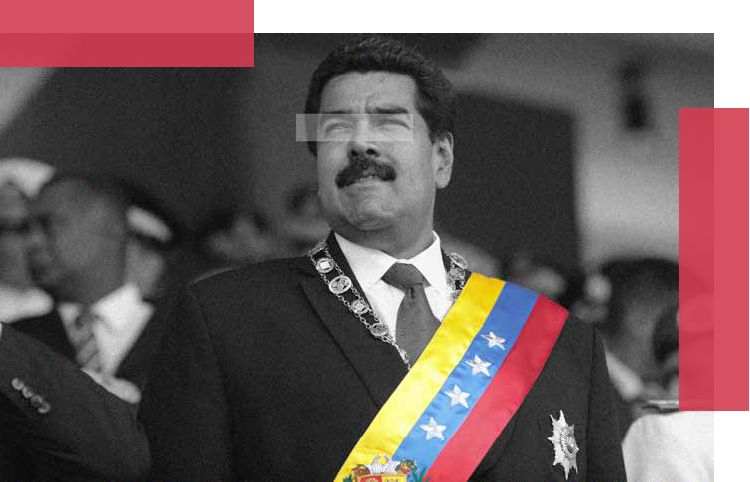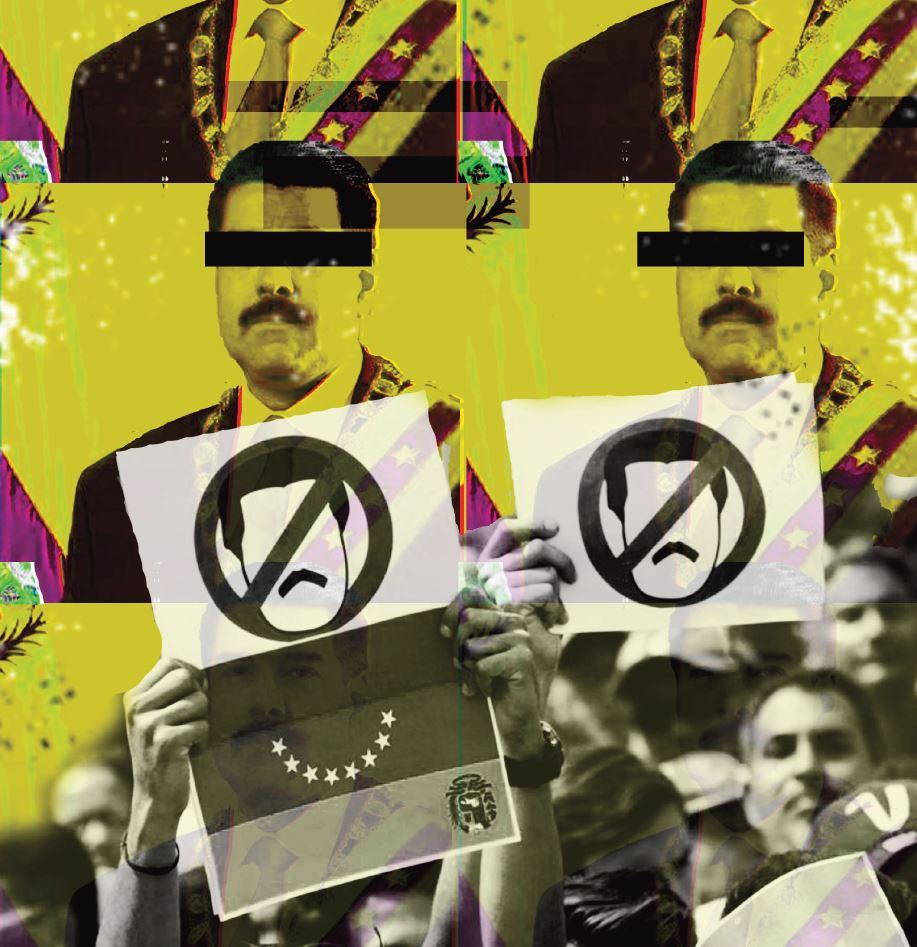Assembling Power: Maduro's Latest Victory in Venezuela

The military is the most important pillar of support for the Maduro government, and, realistically, it is only through their defection that a change in government could be realised.
On 30 July, President Nicolás Maduro held contentious elections to choose members of a new constituent assembly, aimed at strengthening his grip on power. The new governing body, tasked with rewriting the country’s constitution, was not the first to have been established in Venezuela. A constituent assembly was also created by the late President, Hugo Chavez, in 1999. However, while Chavez’s assembly was established by popular referendum, Maduro’s assembly was convened by presidential decree. Voters in the most recent elections were only able to choose from a pre-selected list of representatives aligned with Maduro, including his wife and son. Violent protests increased markedly in the run up to the elections, despite the government issuing a ban on protests prior to the vote. During voting, the national prosecutor’s office confirmed that at least six people were killed by gunfire, including one national guardsman. Furthermore, seven policemen were also wounded in an explosion in Altamira, an opposition stronghold neighbourhood in Caracas.
In the days following the elections, the constituent assembly’s legitimacy was rejected by the majority of key regional and international players. Most notably, a 17-member bloc of key regional powers, including Peru, Colombia and Brazil, established with the aim of peacefully ending the country’s deepening political crisis, condemned the “breakdown in democratic order” and stated it would not recognise any action taken by its “illegitimate” constituent assembly. Venezuela was also evicted from Mercosur, the South American regional trade bloc. However, the 17-member bloc, nor Mercosur has announced sanctions against individuals or the Venezuelan government. On the other hand, the current US administration under President Donald Trump has issued sanctions of increasing severity and frequency, with a total of four rounds announced as at 25 July. Nevertheless, these actions have only focused on individuals and the national oil company and have not targeted imports or other strategic areas which would affect the economy more profoundly.

The domestic response to the creation of the constituent assembly has also not been unanimous. The opposition is highly fragmented and lacks a key uniting figure. From those who want a return to the oldstyle socialism, to those who want a complete overhaul of the system, no group is providing a united response. There is also a opposition group, growing in size every day, which comprises the regime’s defectors, including the former attorney general, Luisa Ortega. Nevertheless, the lack of functioning democratic institutions coupled with the absence of a united opposition, mean that prospects for regime change through democratic channels is now highly unlikely in the short to medium term.
The military continues to be the most important pillar of support for the Maduro government, and, realistically, it is only through their defection that a change in government could be realised. There have been several isolated displays of dissent this month, including a video released by a captain of the Bolivarian National Guard calling for a rebellion and an attack on a military base in the city of Valencia, reportedly carried out by mutinous soldiers. However, these have been few and far between, and have been confined to the lower echelons of the military; those who have no possibility of leading a credible insurrection. Moreover, approximately half of Maduro’s government ministers are now current or former members of the military, helping to consolidate his support from this segment of society.
Any meaningful regime change in Venezuela therefore remains a distant prospect, as Maduro has been able to entrench his position in the absence of a robust response from both within and outside the country. Nevertheless, in the face of continued pockets of opposition, the operating environment in Venezuela is likely to become increasingly difficult with increased business uncertainty, and a rising incidence of crime and civil unrest in the coming months.